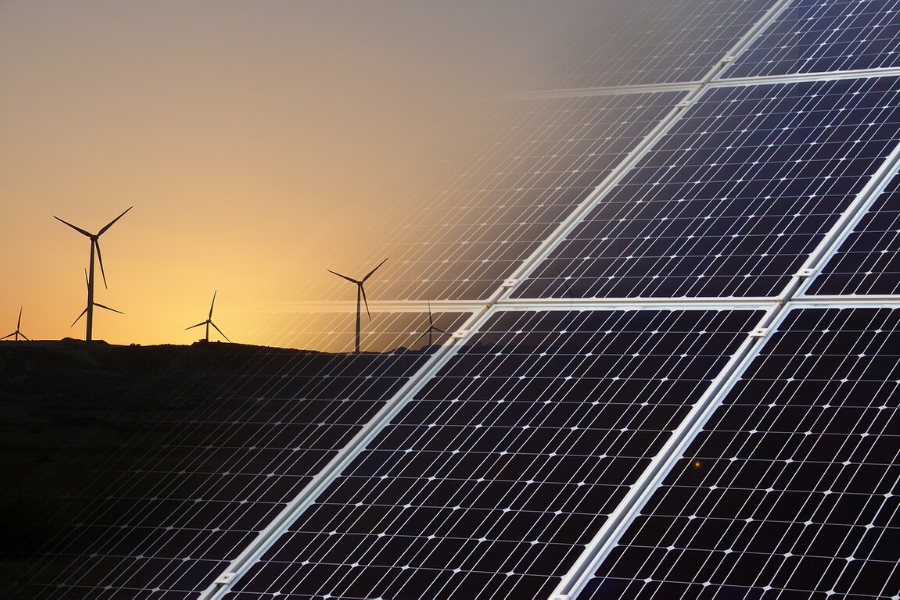
A Royal Decree comes into force to promote renewable energy
The Council of Ministers approved on June 23, Royal Decree-Law 23/2020 to promote “in an orderly and rapid manner, the energy transition towards an electrical system based 100% on renewable energy and favor economic reactivation in line with the European Green Pact ”.
- The first includes the regulation of access and connection to the network through a new auction mechanism to provide renewables with a stable environment.
- The second focuses on promoting new business models that will be key in the coming years, such as storage and hybridization.
- Thirdly, the promotion of energy efficiency is addressed by making the National Energy Efficiency Fund more flexible.
- Finally, a series of sectoral measures are established to boost economic activity and employment in response to the Covid-19 crisis.
1- New auction system
The new auction system has several objectives. On the one hand, to offer predictability and stability of income and financing to investors of new renewable plants and, on the other, to convey to consumers the idea that these energy sources are cheaper. For this, the variable on which to bid will be the price of energy.
2- Simplification and streamlining of procedures
Another objective of the Royal Decree is to streamline the processing of renewable projects and thus eliminate the barriers that prevent their implementation.
For this, one of the measures will be that the promoter will not need to renew certain authorizations if it modifies the project in a non-substantial way, as well as streamline the authorization application processes via online.
3- New business models
This is the case of storage, a key figure in the coming years as it allows the energy generated in new renewable plants to be managed and optimized. Hybridization also has great potential for the future, since it makes it possible to combine various technologies (for example photovoltaic and wind) in the same installation. With all this, the use of existing electrical networks is optimized and environmental impacts are minimized, by taking full advantage of plant locations.
Support for cogeneration and biomass plants
The regulations also refer to biomass and cogeneration facilities, subject to the specific remuneration regime whose operating costs depend essentially on the price of fuel.
In these cases, a review of the value of the remuneration for the operation is established, applicable during the period of validity of the state of alarm to recognize the effects of lower market and CO2 prices. This allows to mitigate the impact that the sanitary crisis has had on its operating conditions, especially supporting the industrial and agricultural sector, which use this type of technology.
For the calculation of the aforementioned revision, the values of the electricity market price and the price of CO2 emission rights during the alarm state are considered. Additionally, the values of the number of equivalent hours of minimum operation and the operating threshold applicable to the year 2020 are reduced by 50%, with respect to the values previously established for actions to the proposed measures.
Industry reactions
Both the renewables and cogeneration sectors have spoken on this matter and both agree that the measures decreed are positive for the sector.
They argue that they trust in the flexibility of the operating conditions of the facilities affected during this year, as well as that the Government will rapidly develop the corresponding orders so that the sector has regulatory certainty that, as of 1 Julio can continue promoting the recovery of their productive activities.





